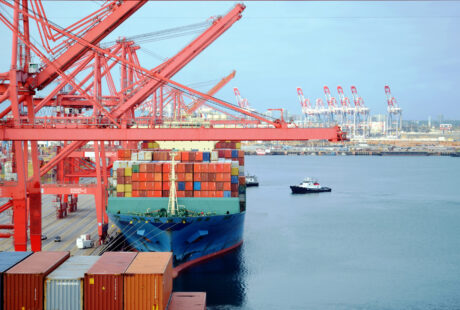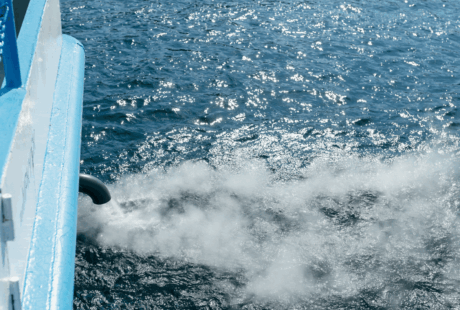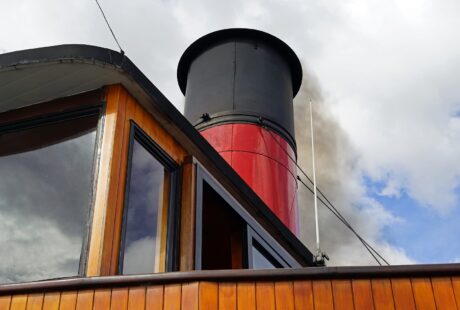On 12 November, Seas at Risk hosted a panel convening experts and policymakers to discuss how shipping and fishing industries can contribute to tackling climate heating emissions.
The event opened with a presentation from Dr. David Armstrong Mackay from Exeter University and the Stockholm Institute on the various tipping points triggered by climate heating. Then, Dr. Lucy Gilliam from Seas at Risk outlined the need for urgent climate action and the policy opportunities at the International Maritime Organization as well as in the European Green Deal ‘Fit for 55’ package. Dr. Sian Prior from the Clean Arctic Alliance presented the case for urgent action to tackle black carbon emissions from ships and fishing vessels in the Arctic to prevent triggering irreversible ice melt and permafrost thaw. Ms. Maria Sahib from the Micronesian Center for Sustainable Transport outlined the needs to protect blue tuna populations as a key food security issue for Pacific Island nations, for urgent action at the International Maritime Organization to limit emissions to 1.5°C, and for a carbon levy to generate funds to support transition and adaptation for small island developing states and low developed countries. Rebecca Hubbard from Our Fish described the important role of blue carbon protection in tackling the climate heating and the limits that need to be placed on shipping and shipping industries to maintain fish, whale and plankton populations which play critical roles in carbon cycle in the world’s ocean.
The panel debate finished with a call to action to revise both the International Maritime Organization and EU Shipping proposals to bring them in line with the latest climate science. The event highlighted the need for an urgent and transformational shift in the shipping industry to raise ambition, meet climate targets and protect blue carbon while ensuring that no one gets left behind.
Posted on: 16 November 2022


